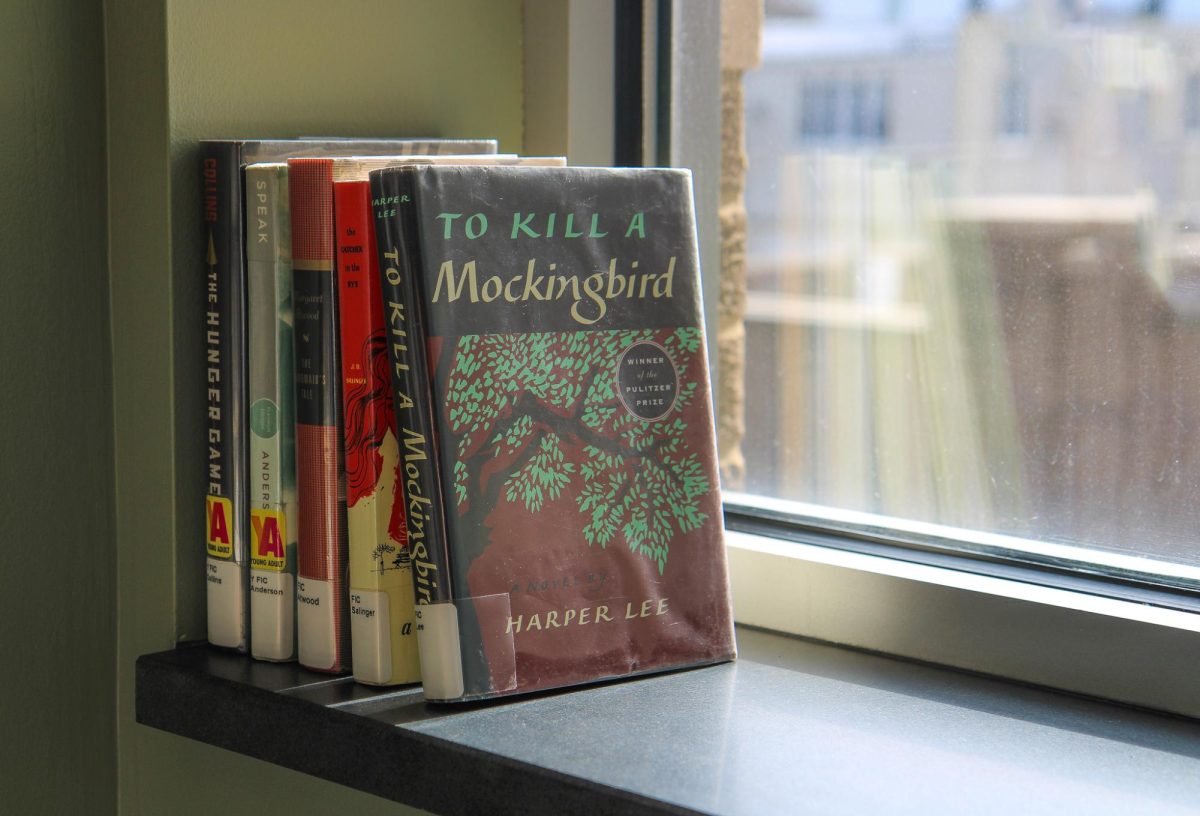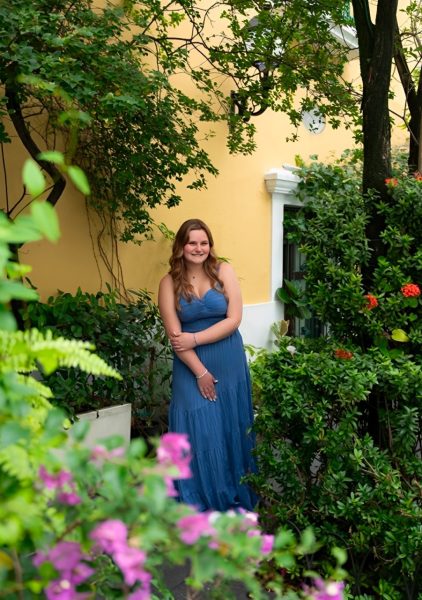During the 2023-24 school year, there were 10,046 instances of book banning in schools, according to PEN America.
“Nearly 60% of these banned titles are written for young adult audiences,” PEN America said. “And depict topics young people confront in the real world, including grief and death, experiences with substance abuse, suicide, depression and mental health concerns, and sexual violence.”
“And Tango Makes Three,” a picture story about penguin adoption, was the most banned book of the 2023-24 school year. Due to the depiction of a same-sex relationship between two male penguins.
Even though they have been a part of the curriculum for years, books such as “The Lorax” and “Charlotte’s Web” have recently been banned or challenged because of their content.
Michelle Baldini, director of the Reinberger Children’s Library Center at Kent State, said books are important to our society.
“The library is the hub of the school,” she said.
As a librarian, Baldini feels her role is to be in touch with the community as a whole. Creating relationships with parents, students and teachers means discussing these hard topics before they lead to banning.
“Every child should be represented in a book,” Baldini said. “Every child should feel that their story is reflected back at them, that they can relate to the characters and that they feel a part of that story. Because that makes them feel a part of the society and our world.”
Though most are banned or challenged at the elementary level, it can affect students on the college level, said Stephanie Smith, a lecturer in the School of Communication Studies.
“When you ban books you take away people’s right to think for themselves, to draw opinions, to understand history, to understand context,” she said. “Ignorance always catches up with you.”
We must begin to navigate the challenges and banning of books, Baldini said.
“Open dialogue,” she said. “The best thing is trying to have these conversations and discussing things we’re not comfortable with.”
There are ways students can protect their intellectual freedom. Organizations such as the American Library Association and PEN America not only keeps track of banned or challenged books, but they also have resources that students, librarians, educators and parents can use when they feel that they or someone they know is being censored.
Smith recognized this need, holding the Right to Read event each year during Banned Books Week.
The event, which has taken place for the past four years, provides a safe space for students to discuss their favorite banned or challenged books. Students are encouraged to dress up as their favorite characters and share what the book means to them.
“I wanted to do this because I saw a rise in parent activism as well as state activism, and school board activism to demonize libraries and to challenge and ban books,” she said.
Some of the books that students bring each year are books like “Harry Potter” and “Where’s Waldo.”
“It’s almost always a beloved book,” Smith said. “College students had access to it in high school. They may be a freshman or sophomore, and all of a sudden, it’s been banned.”
Smith suggested students know everything there is to know about banning and what it means.
“I love to read, and I love to get to choose what I read,” she said. “I think that everyone should get to make those choices.”
Samira Brown is a reporter. Contact her at [email protected].



